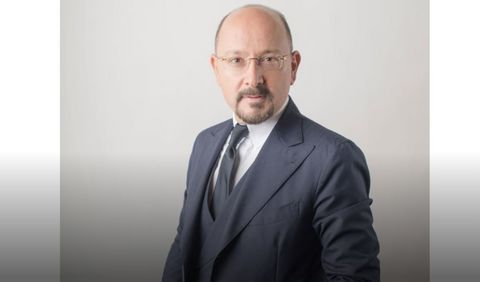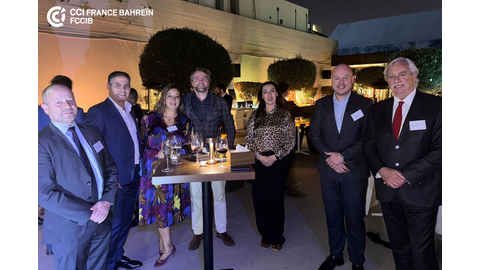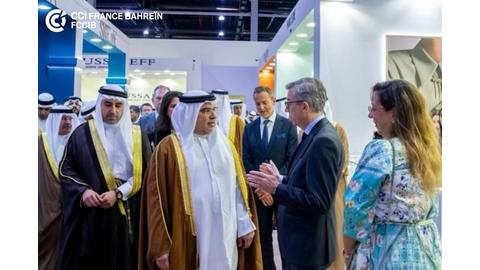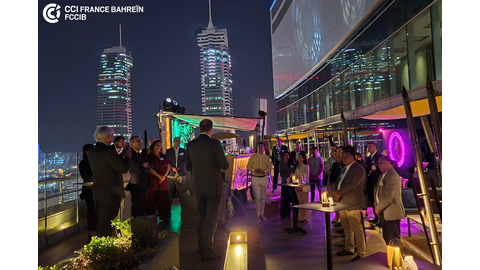Gulf companies embrace ESG

MANAMA: Billions of dollars are flowing into Environmental, social and governance (ESG)-benchmarked funds as markets undergo a step-change in the way investors perceive companies and do business, according to a regional wealth management firm.
Indosuez’ global head of the Middle East and Africa Francois Farjallah told the GDN that the trend is rapidly gaining traction in the emerging markets of the Arabian Gulf, driven in part by the recent surge in foreign investment into bourses from the UAE to Saudi Arabia as they join new emerging market indexes such as MSCI and FTSE Russell.
Mr Farjallah feels sovereign investors are required to take a long-term view on the assets they hold and need to be attuned to the big sweep of societal and environmental change.
“Such investors are not so concerned about what their portfolios are doing from day to day or month to month, but rather how they perform over a number of years, even decades. Indeed, some of them only disclose their performance over these very long-time frames and refuse to report annual earnings.”
Investors are thus increasingly less narrowly focused on annualised rates of return and capital appreciation and also take risk, sustainability, as well as their own reputation into account when allocating their investments.
“It is by necessity a forward-looking approach that looks less at how an asset has performed in the past than at how it will fare in the future and in some cases whether it will even exist in the future – or at least exist in a way that is ethically investable,” he says.
ESG criteria are increasingly being used by fund managers when selecting the companies and indices they plan to invest in.
The One World Sovereign Wealth Fund Framework which was established following the 2015 Paris Agreement to mitigate the effects of climate change, is one example of this ongoing shift among sovereign investors.
It is noteworthy that four of the six founding members are from the Gulf – namely the Abu Dhabi Investment Authority (ADIA), the Kuwait Investment Authority, the Qatar Investment Authority, and Saudi Arabia’s Public Investment Fund.
It is estimated that ESG-based investing now accounts for nearly one quarter of all managed assets globally while sustainable investment topped $30 trillion at the end of 2018, according to the Global Sustainable Investment Review.
Indosuez global chief economist Marie Thomsen says the firm was early to adopt tools to promote responsible investment in order to accelerate the growth of sustainable finance while offering clients who are sensitive to this theme, particularly new generations, solutions reflecting their concerns.
For Gulf companies that suddenly find themselves on the radar screens of big emerging-market fund managers, the need to make a solid ESG case is urgent – especially given the preconceptions that some investors may have of companies in the Arab world, she adds.
“Increasingly we are seeing Gulf companies big and small embrace ESG and in doing so attract the attention of an enlarged global audience of investors.”
More and more companies in the region are adopting a similar approach to meet the expectations of foreign fund managers who are seeking returns beyond the immediate financial performance.
Ms Thomsen asserts that this does not involve sacrificing financial returns. “Morningstar data reveals that funds taking ESG factors into account in their investments have performed better than their non-ESG sister funds.”
Five of the six fund duos analysed saw the more ethical offering outperforming its more traditional alternative over one and three years, the firm said.
Source: http://www.gdnonline.com/Details/726295


